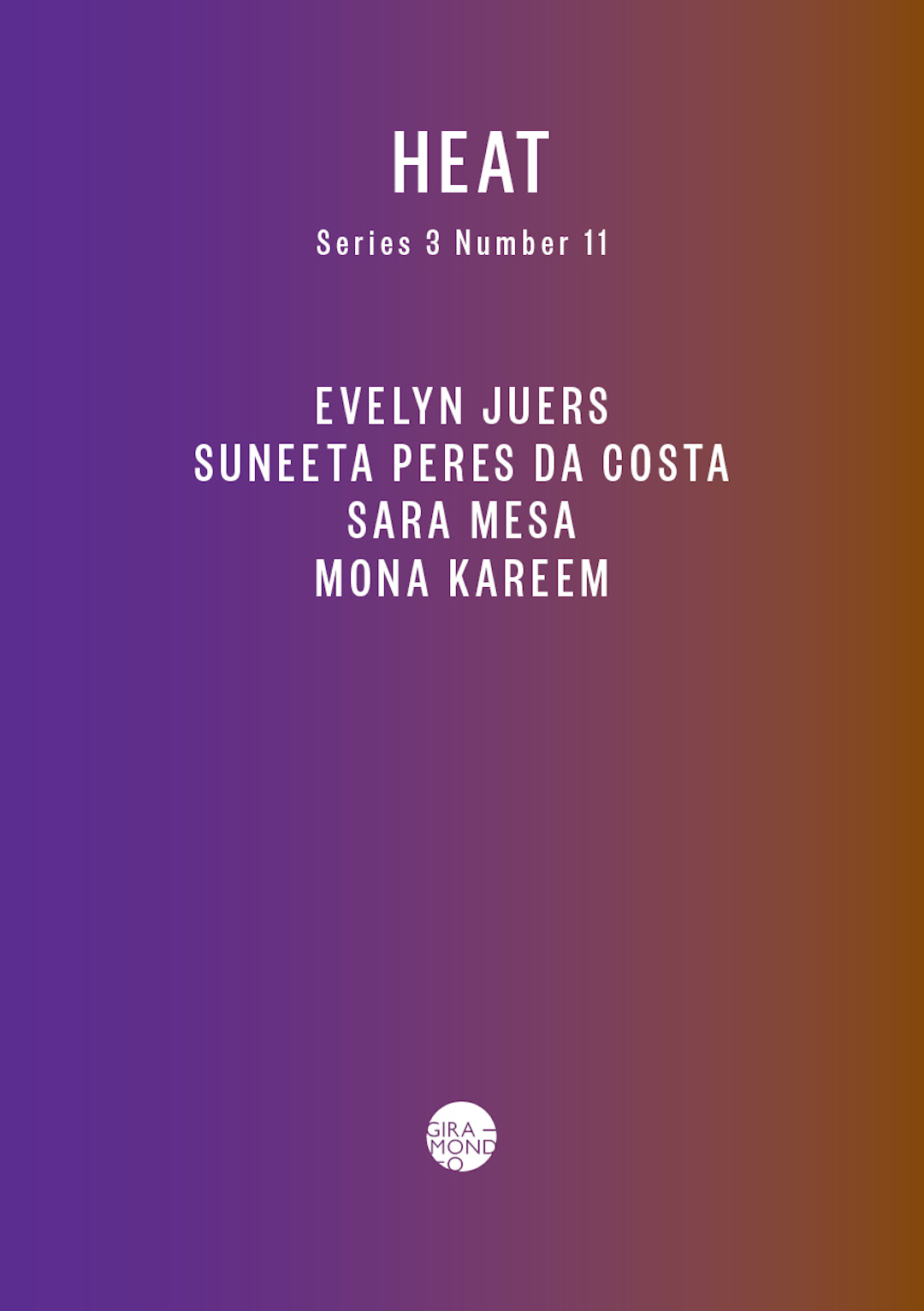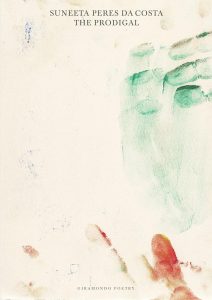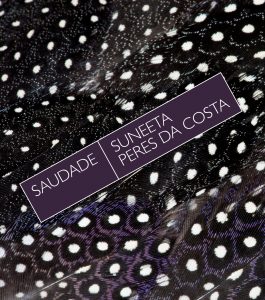Published October 2023
Become a subscriber
Three Poems
What He Did and Didn’t Eat
Not – olives. Pumpkin but not zucchini; carrots but not peas. Eggs, scrambled, poached or baked but never, ever raw. So too mushrooms. Hard cheese but oh, no, not soft cheese (whether crème fraiche or mascarpone), nor washed rind cheese, nor any category of yoghurt. Surprisingly neither raspberries, nor blueberries, nor for that matter tropical fruits; star fruit, mangosteen and lychees – totally out of the question!
The Doctor of Philosophy
He had been working on the same project, a study of the heliotropic properties of a certain kind of rare wildflower, found only in the foothills of the Pennine Alps, for longer than he could remember. His days were spent predictably – confined to the laboratory, squinting through the artificial light of the microscope or crushing seed to prepare petri specimens. Late into the night he could also be found, hunched over a rickety desk in his bedroom, poring over textbooks or writing up notes from his lab experiments. He shared a cramped apartment with two fellow students (one, a hirsute astrophysicist, who engaged in terminal procrastination perfecting Bach’s Cello Suites; the other, a German literature major, as fixated with the death of Ingeborg Bachmann as the state of domestic hygiene, and who registered his distress by way of hysterical, corrective notes he scattered here and there). If he himself had any time at all to spare for leisure, he would take long hikes into the mountains. He would feel an urge to go even though snow was falling and the bite of winter had settled in. He had no reason to analyse then, when there was hardly any sunlight nor likelihood of sighting gentians nor black vanilla orchids; then, when there was least reason for it – or shall we say, evidence? – why he should feel the singular, almost prophetic, importance of his scholarly enterprise.
The Abandoned Panettone
How difficult it might be to abandoned and alone, at Easter, at Roma Trastevere Station, watching trains arriving and leaving without you to all sorts of exciting destinations; knowing everyone else was on their way up to the mountains, or off to the seaside; to visit with friends and family; to partake of festive wine and cured olives and fattened, delicately spiced, young lamb. To know that children were running delighted, their laughter and footsteps echoing through hallways and across gardens, as they searched for hidden chocolate. To, in short, be a panettone without a ticket, forgotten, left behind. Worse, to unwittingly draw attention to yourself, to be unjustly suspected and surrounded by the carabinieri, poked and prodded until your gold ribbon came completely undone, and your lovely firm packaging was destroyed by the impact of a random baton!



